Advisory Network
Our work
At the sixth Freedom Online Conference in Costa Rica, the Coalition identified as a priority the need to create a strong mechanism for ongoing multistakeholder engagement. The FOC Advisory Network (FOC-AN) was established to play that role through regular engagement with FOC governments.
The FOC-AN is an independent multistakeholder group composed of civil society, academia and private sector representatives who provide advice on aims, objectives and activities, as well as support the FOC’s mission of advancing Internet freedom and human rights online through its working methods.
The FOC-AN may provide two types of formal, consensus-based input to FOC Members:
FOC-AN Members widely contribute to the Coalition’s activities and events. Through regularly engaging with the FOC through Strategy & Coordination Meetings, learning sessions, and other ad hoc convenings, the FOC-AN play a crucial role in information and knowledge sharing efforts within the FOC. Coalition governments may also engage with the FOC-AN on a bilateral basis to receive ad hoc, immediate feedback on a specific topic, or work together to shape the outputs of regional forums on topics of relevance to the FOC’s mission. In addition, FOC Members may collaborate with the FOC-AN to respond to relevant consultation processes and seek to submit agreed-upon language sourced from consensus-based FOC documents.
To view the FOC-AN’s Terms of Reference, please click here.
- Proactive Advice, where FOC-AN members proactively submit pieces of advice on certain topics and issues they consider the FOC should address, as well as recommend a topic for development of an FOC statement; and
- Reactive Advice, where FOC-AN members respond to the FOC’s request to comment on a certain issue, or input into documents in development, such as Joint Statements, Programs of Action, and other similar outputs.
FOC-AN Members widely contribute to the Coalition’s activities and events. Through regularly engaging with the FOC through Strategy & Coordination Meetings, learning sessions, and other ad hoc convenings, the FOC-AN play a crucial role in information and knowledge sharing efforts within the FOC. Coalition governments may also engage with the FOC-AN on a bilateral basis to receive ad hoc, immediate feedback on a specific topic, or work together to shape the outputs of regional forums on topics of relevance to the FOC’s mission. In addition, FOC Members may collaborate with the FOC-AN to respond to relevant consultation processes and seek to submit agreed-upon language sourced from consensus-based FOC documents.
To view the FOC-AN’s Terms of Reference, please click here.
FOC-AN Members
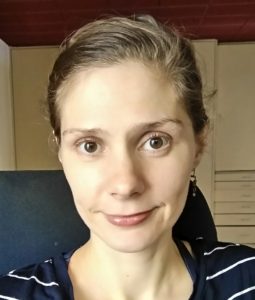
Elonnai Hickok
Global Network Initiative

Verónica Ferrari
Association for Progressive Communications
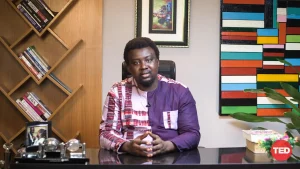
‘Gbenga Sesan
Paradigm Initiative
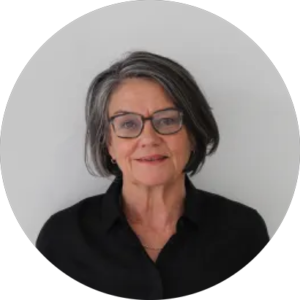
Alison Gillwald
Research ICT Africa
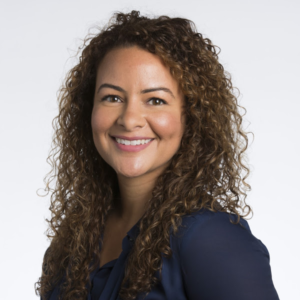
Alex Walden
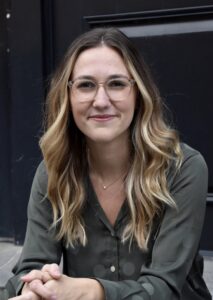
Allie Funk
Freedom House

Amalia Toledo
Individual Capacity
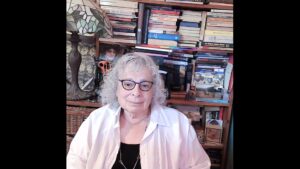
Avri Doria
Individual Capacity
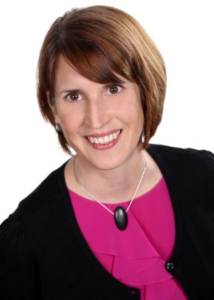
Amy Colando
Microsoft
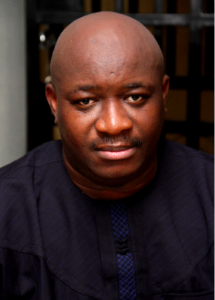
Edetaen Ojo
Media Rights Agenda
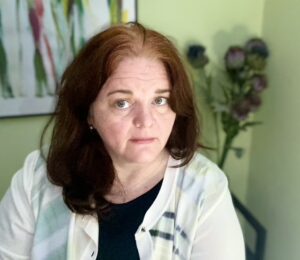
Fiona Alexander
Individual Capacity

Helen Harris
Amazon
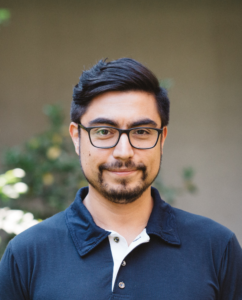
Juan Carlos Lara
Derechos Digitales
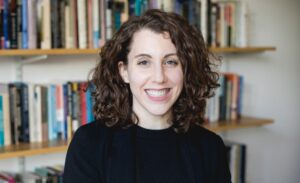
Katharine Millar
Individual Capacity

Konstantinos Komaitis
Atlantic Council's DFRLab
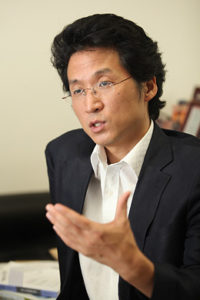
K.S. Park
Open Net Korea

Laura O’Brien
Access Now
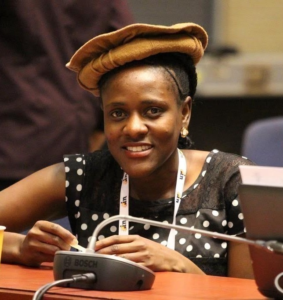
Elizabeth Orembo
Individual Capacity

Kate Ruane
Center for Democracy & Technology

Matthew Shears
Individual Capacity

Michael Samway
Individual Capacity
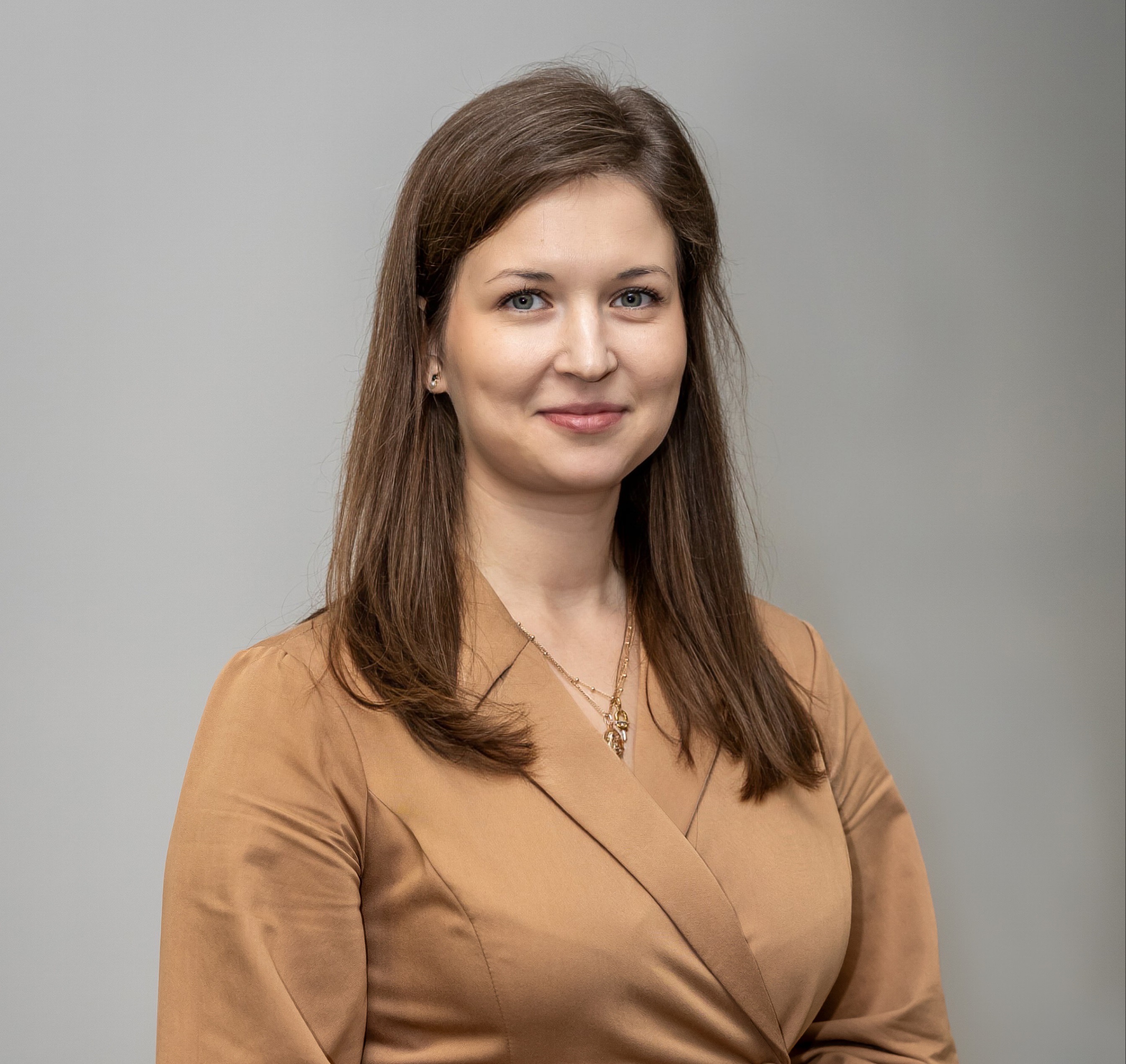
Olga Kyryliuk
Internews

Quinn McKew
Article 19
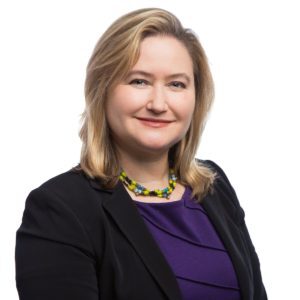
Rebecca MacKinnon
Wikimedia Foundation

Sabhanaz Rashid Diya
Tech Global Institute
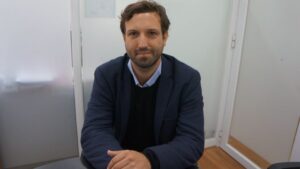
Sebastian Smart
Individual Capacity

Shahla Naimi
Salesforce

Tatiana Tropina
Individual Capacity
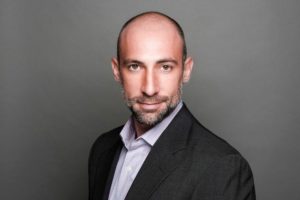
Zach Lampell
